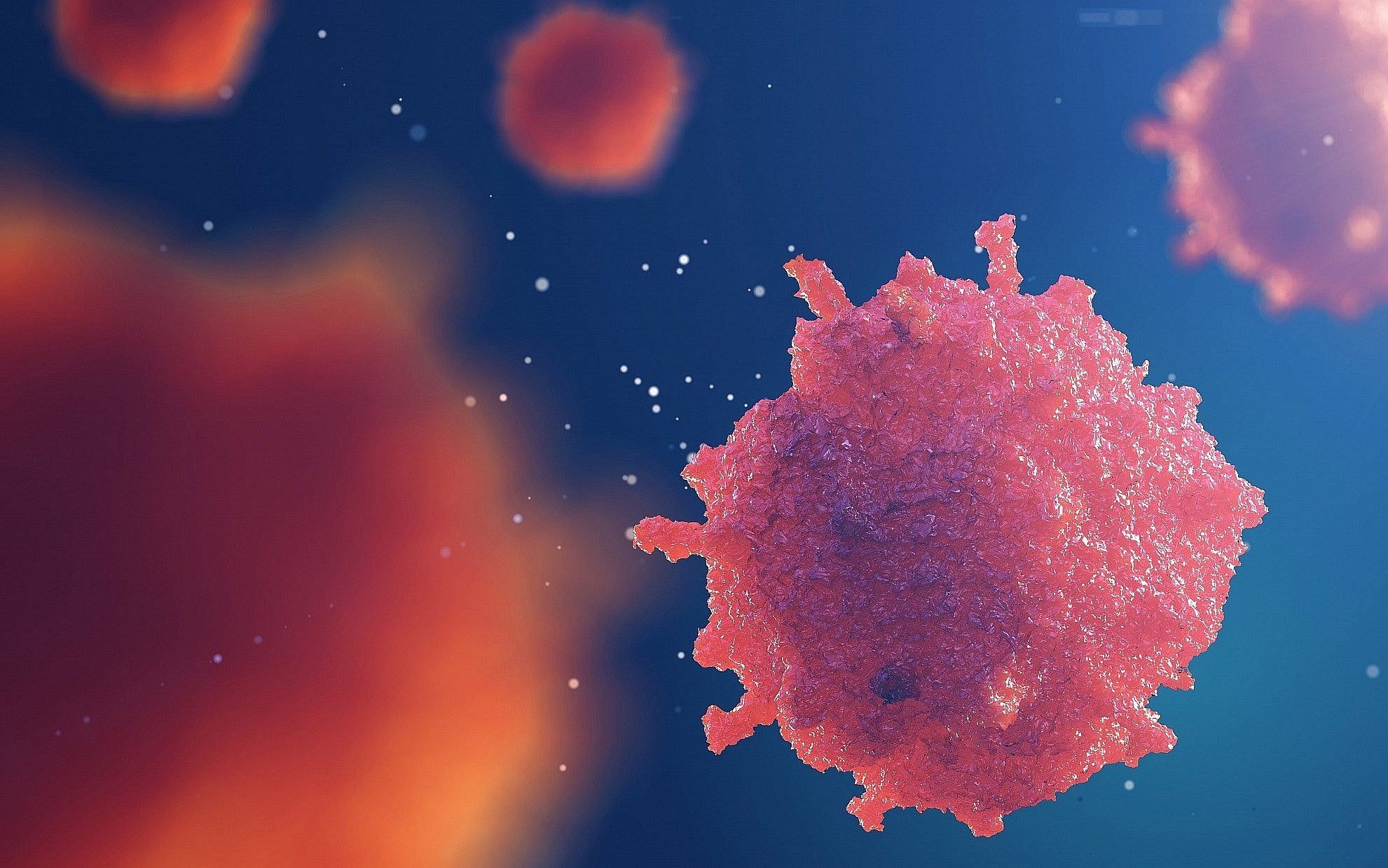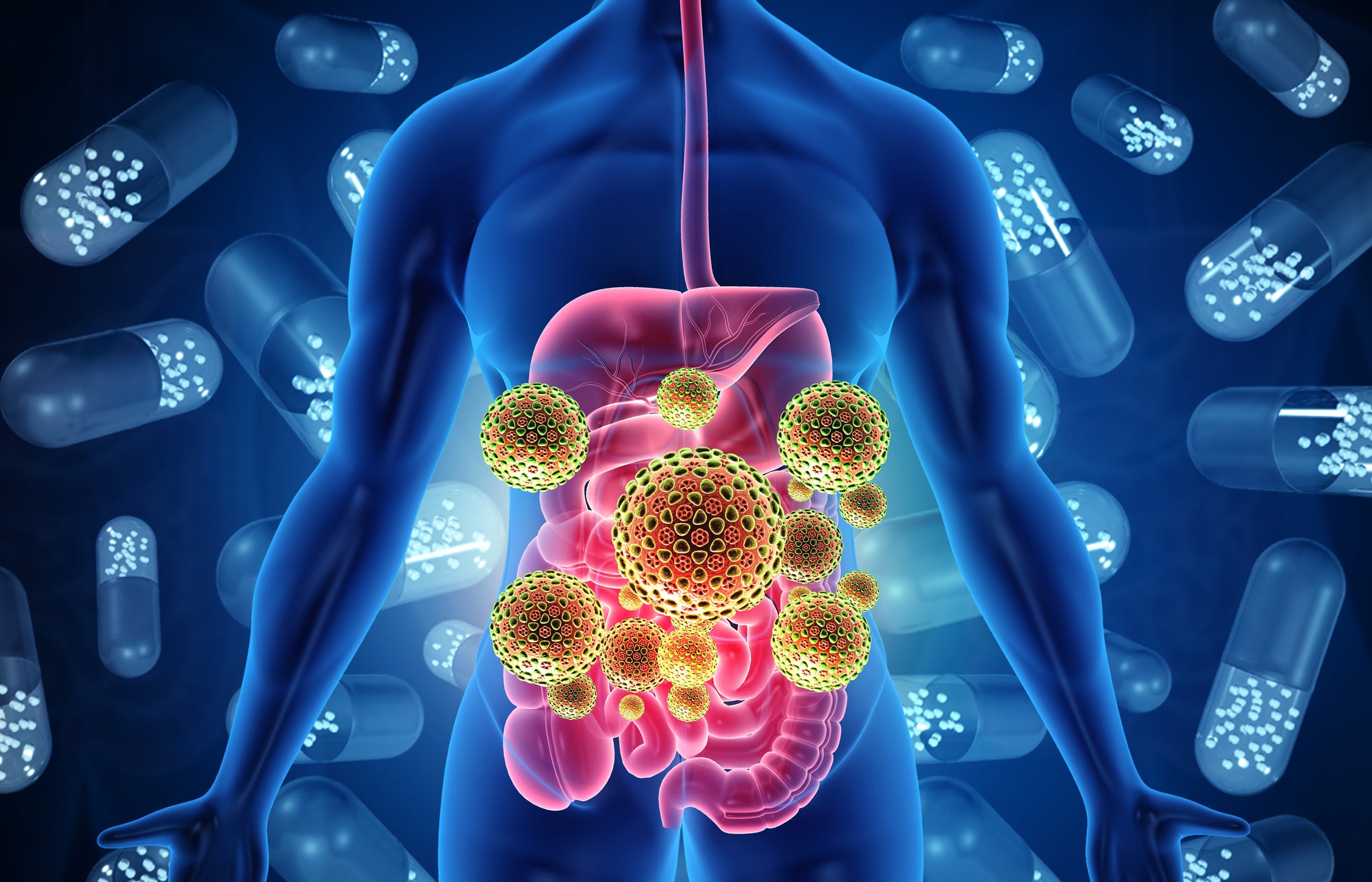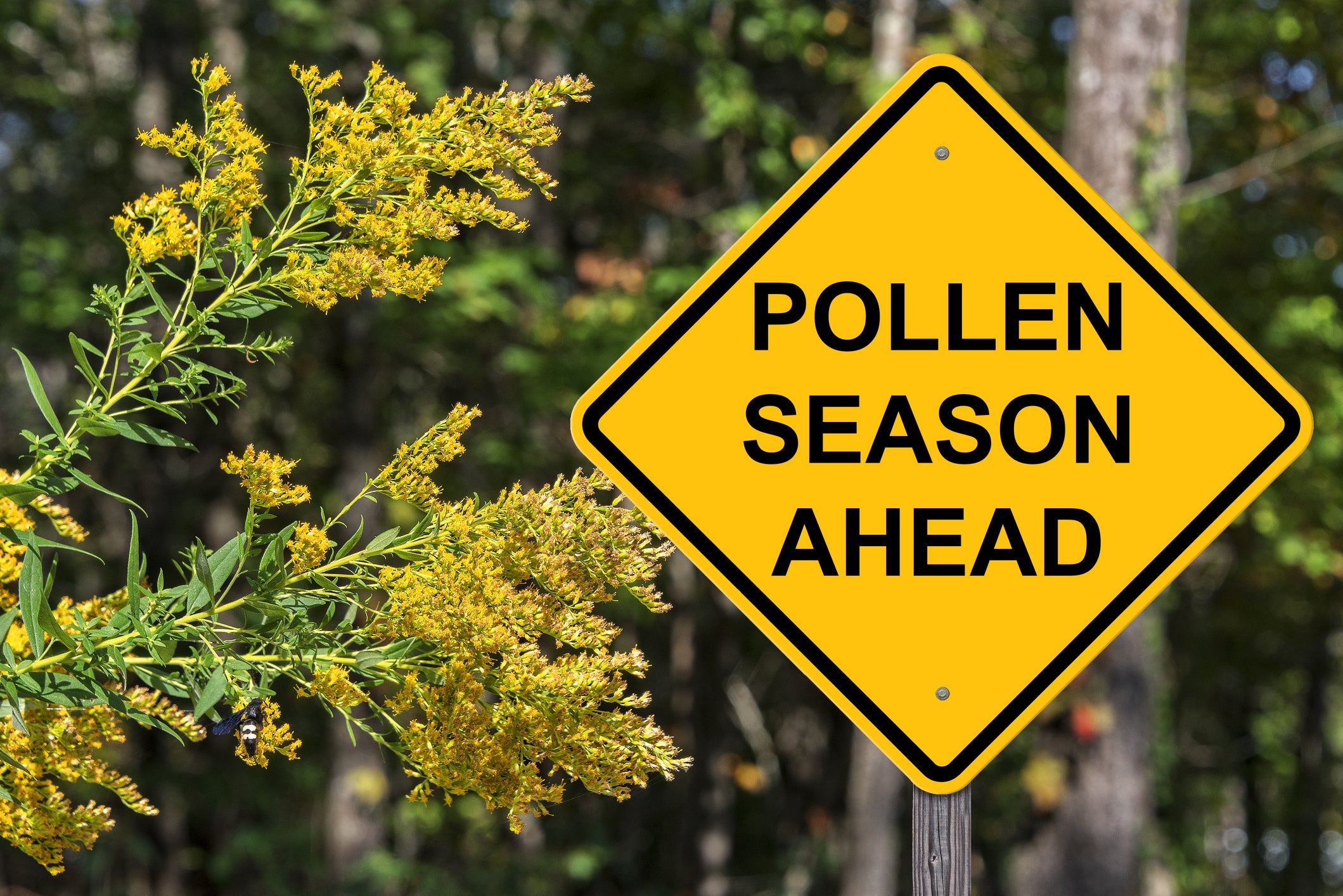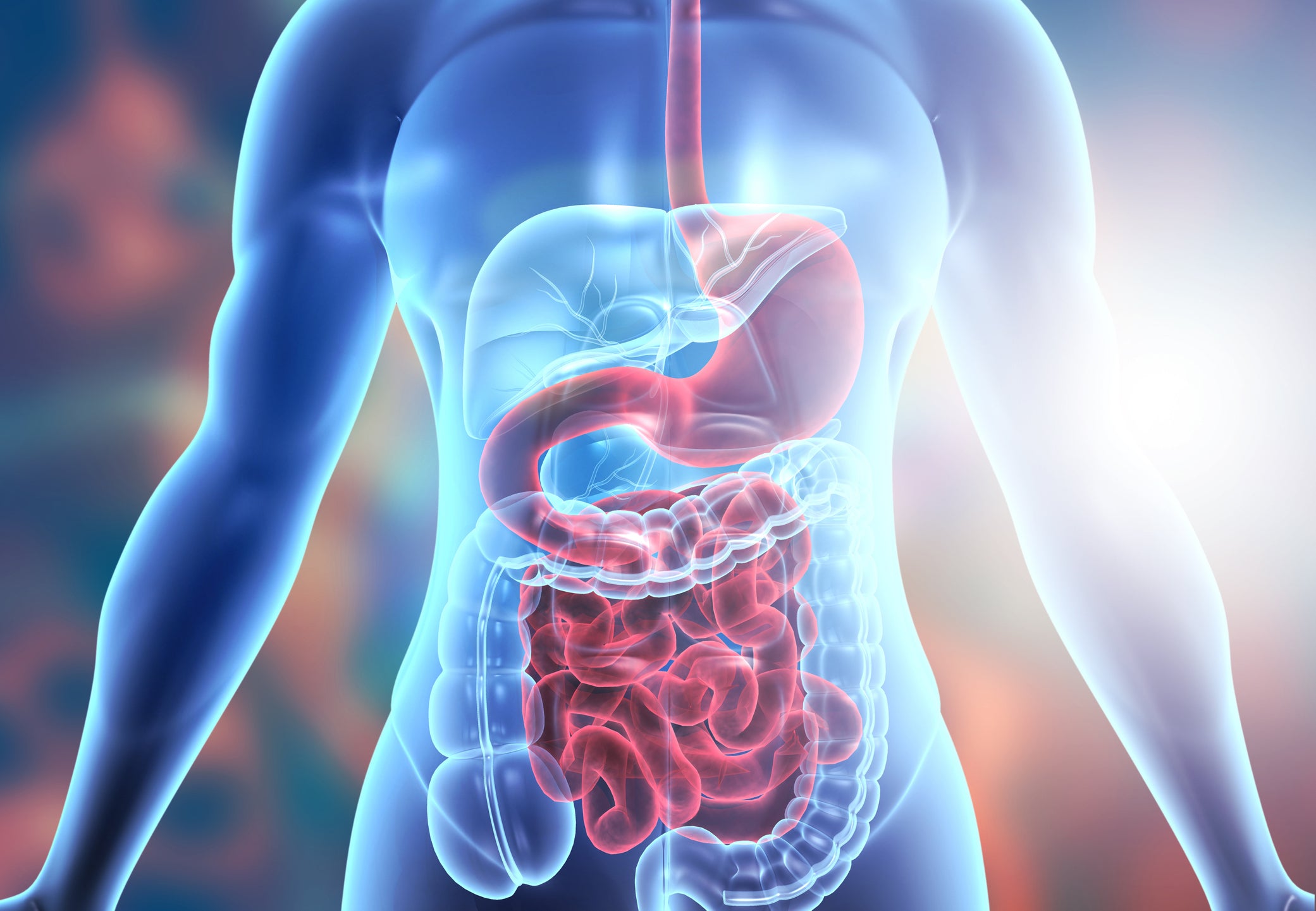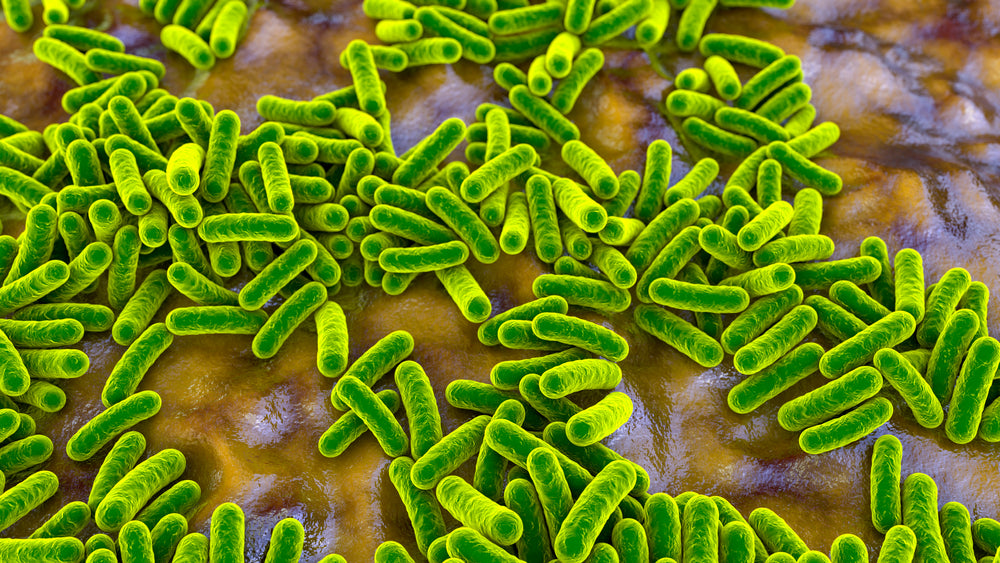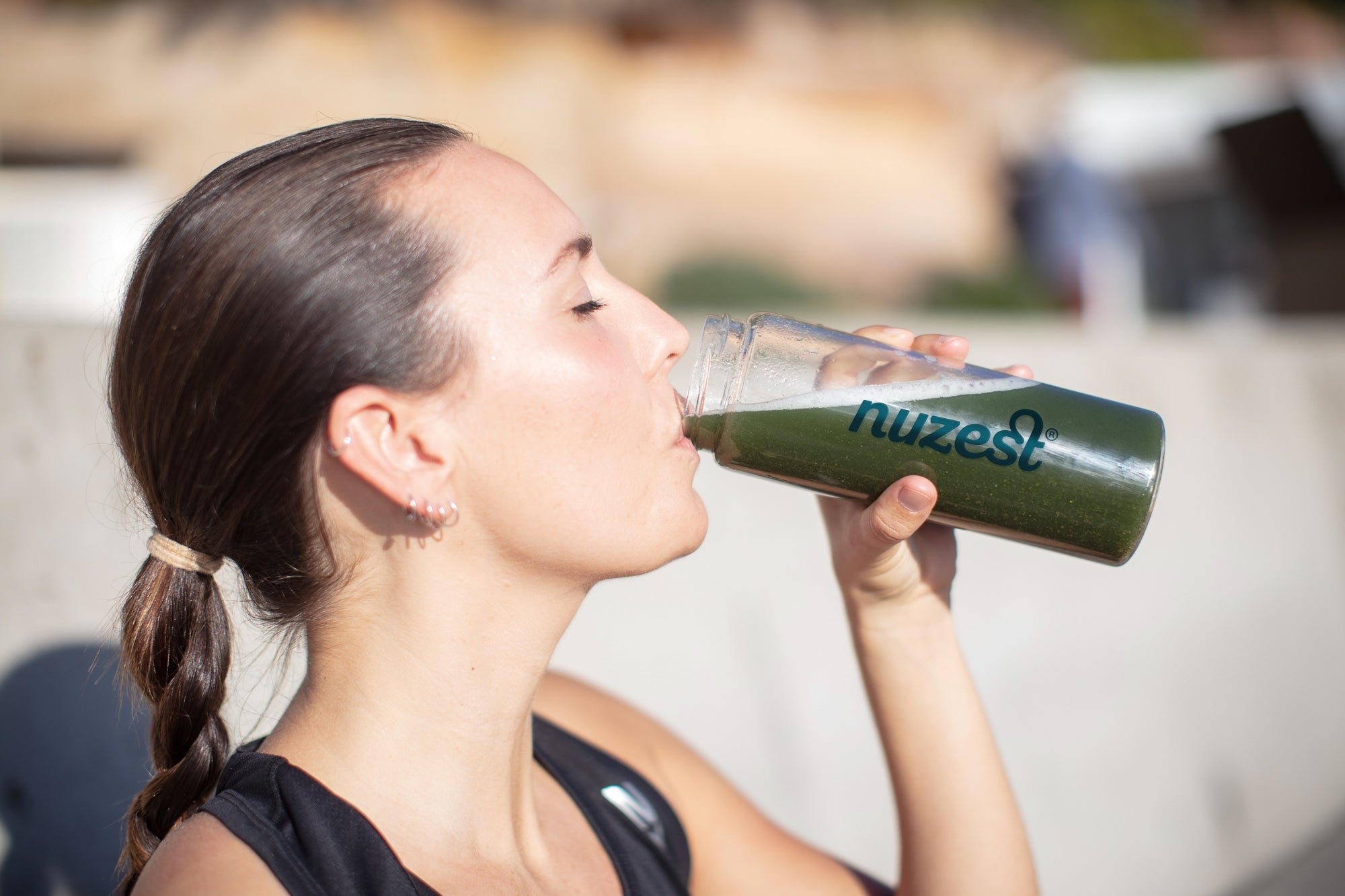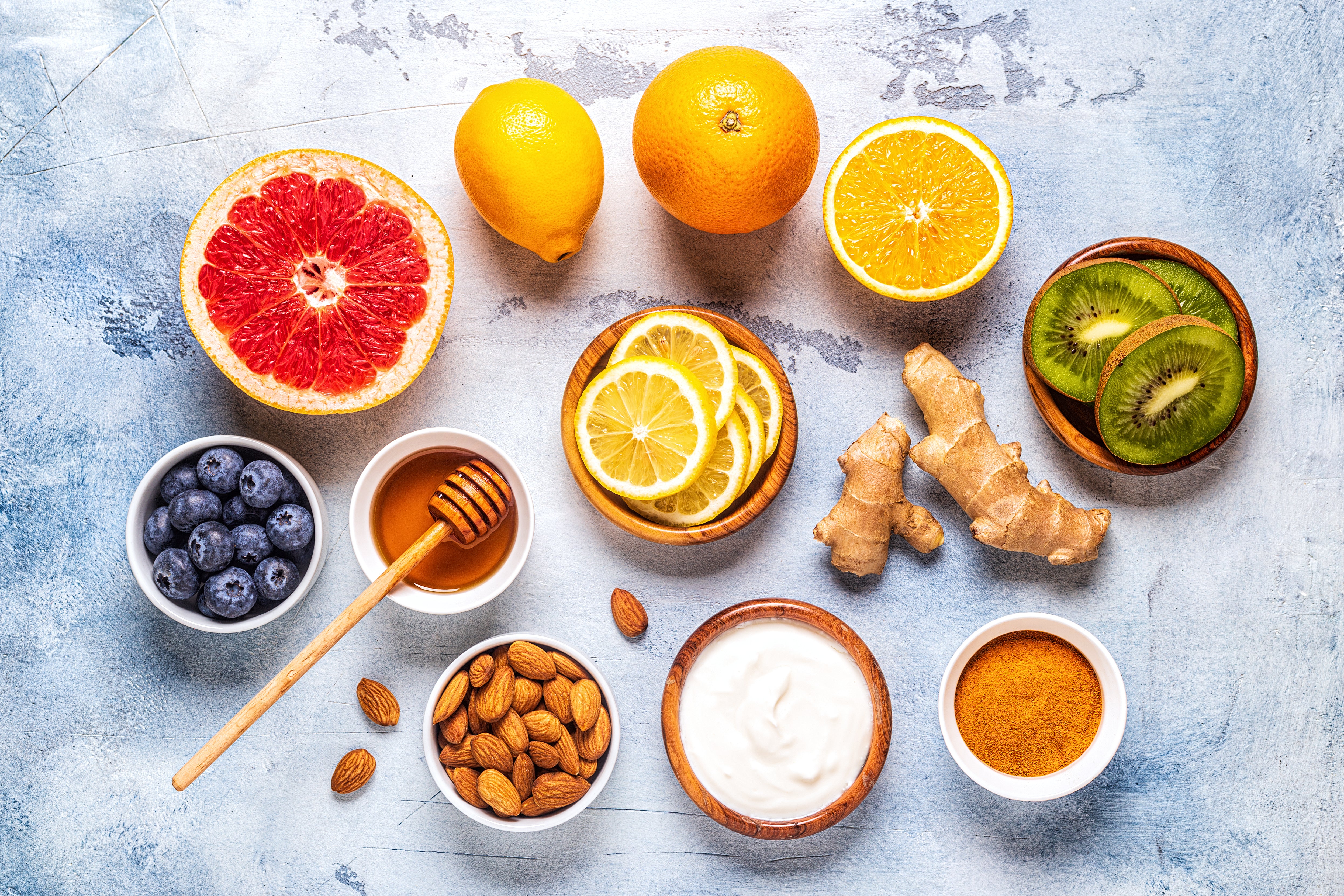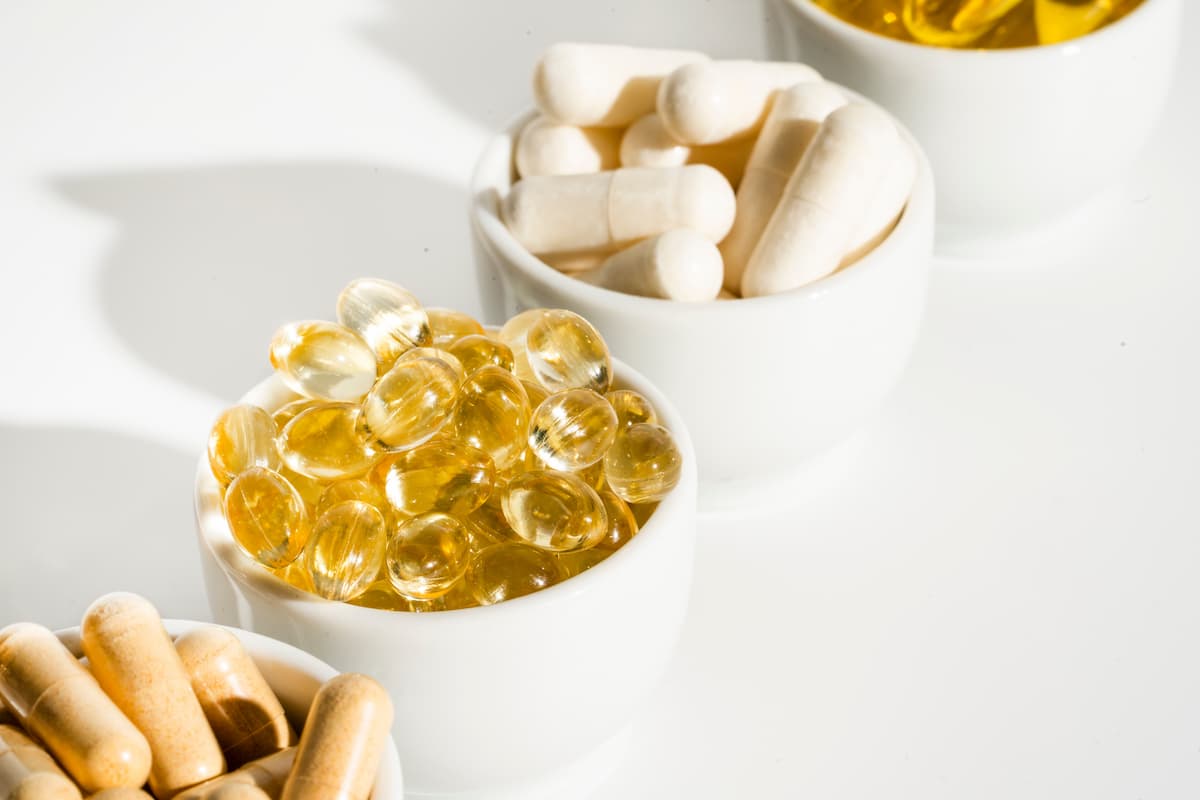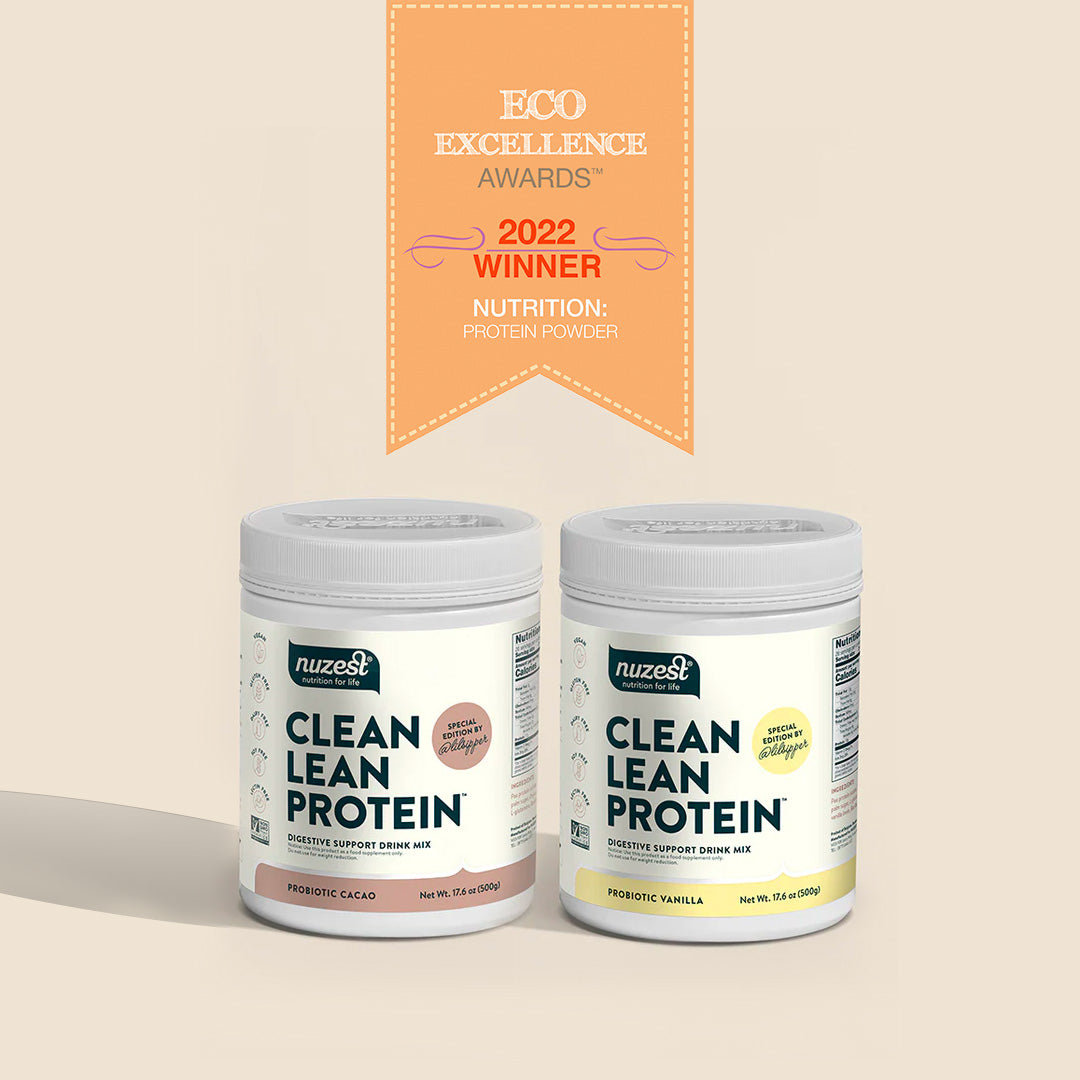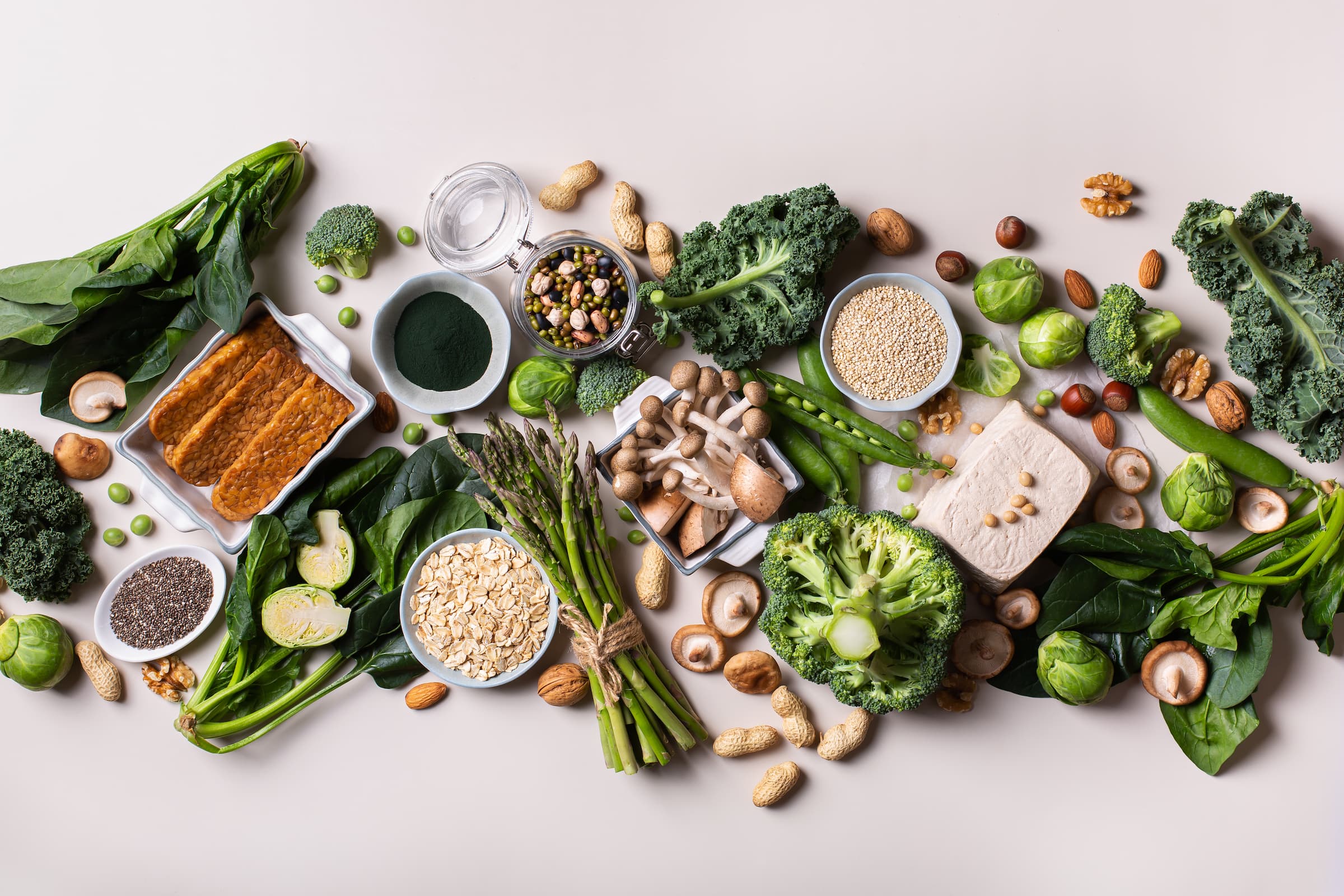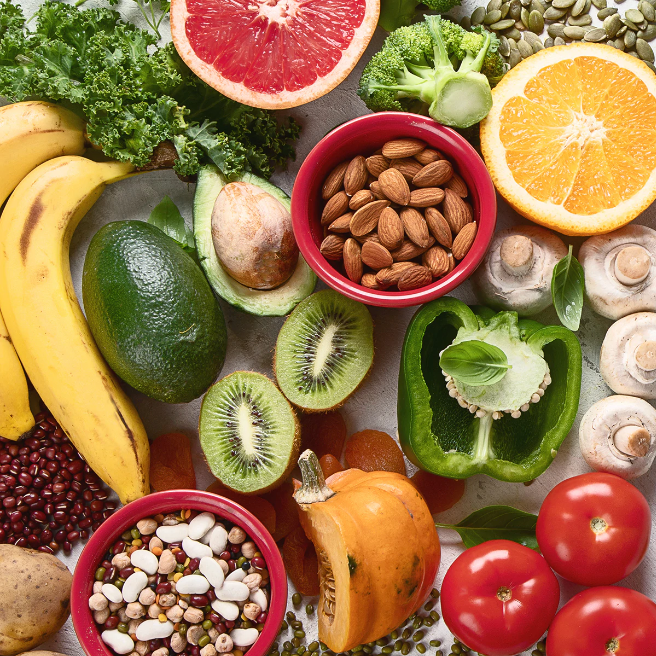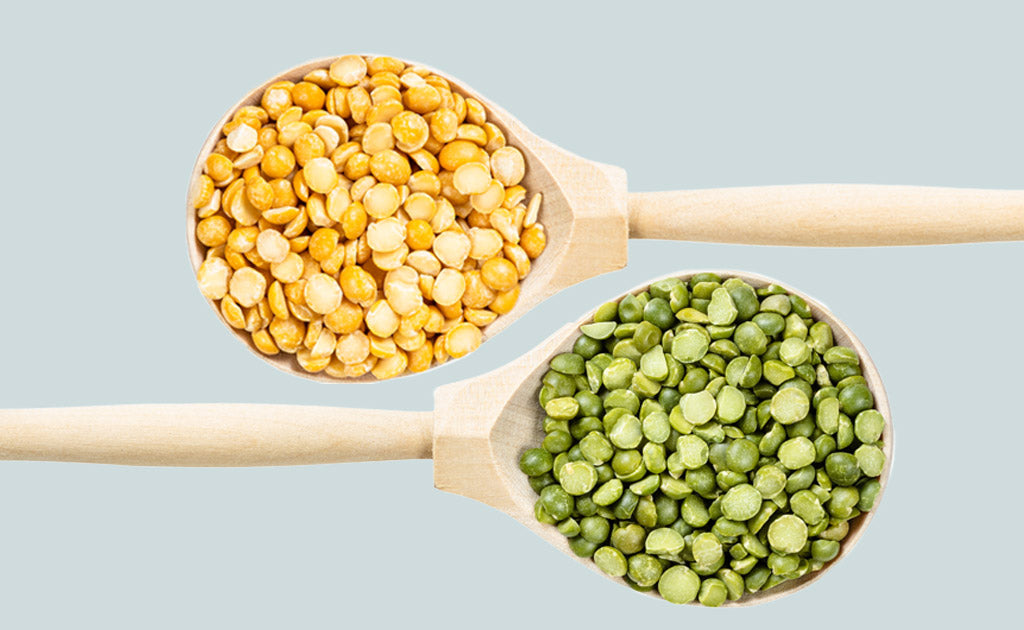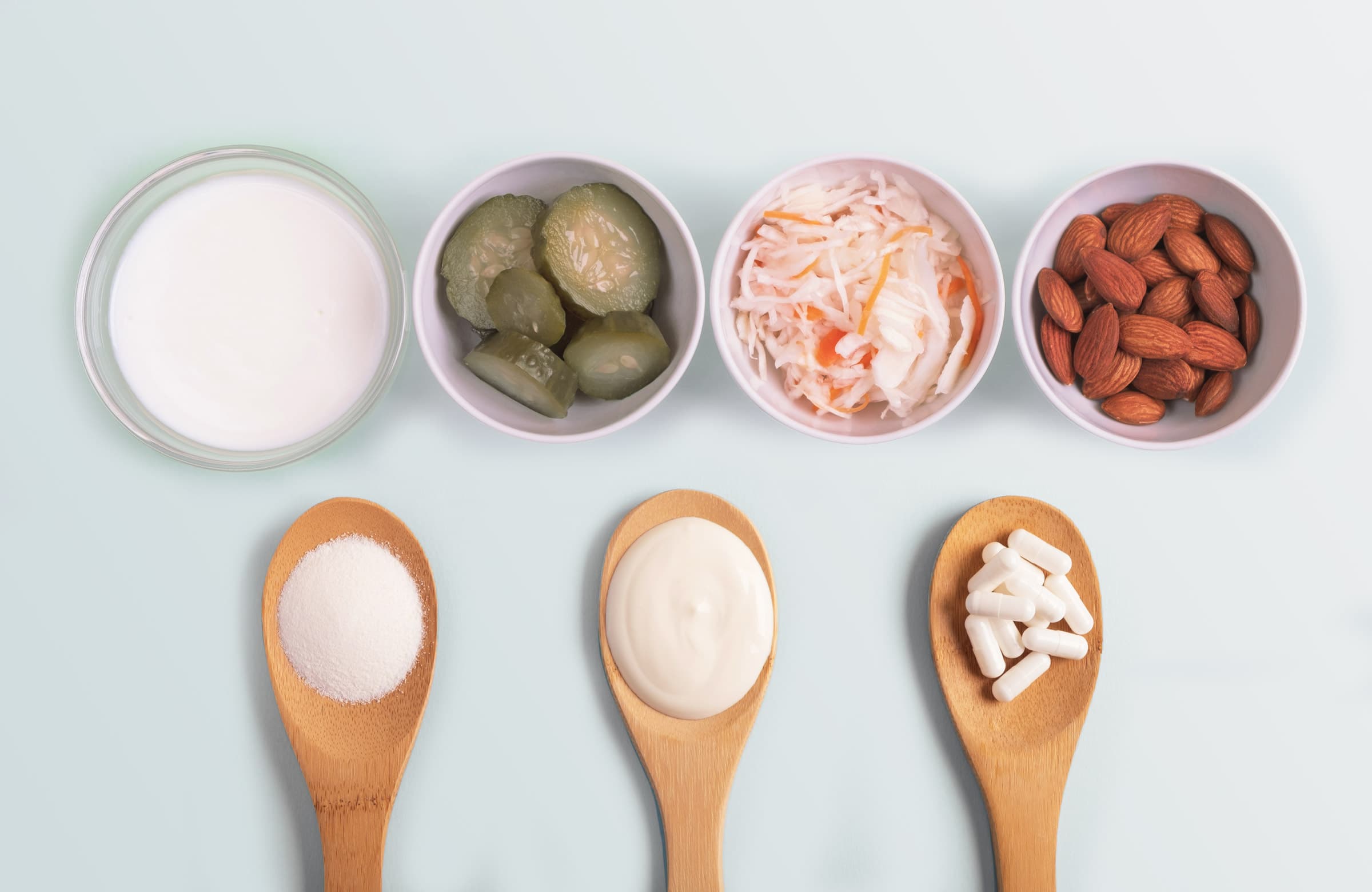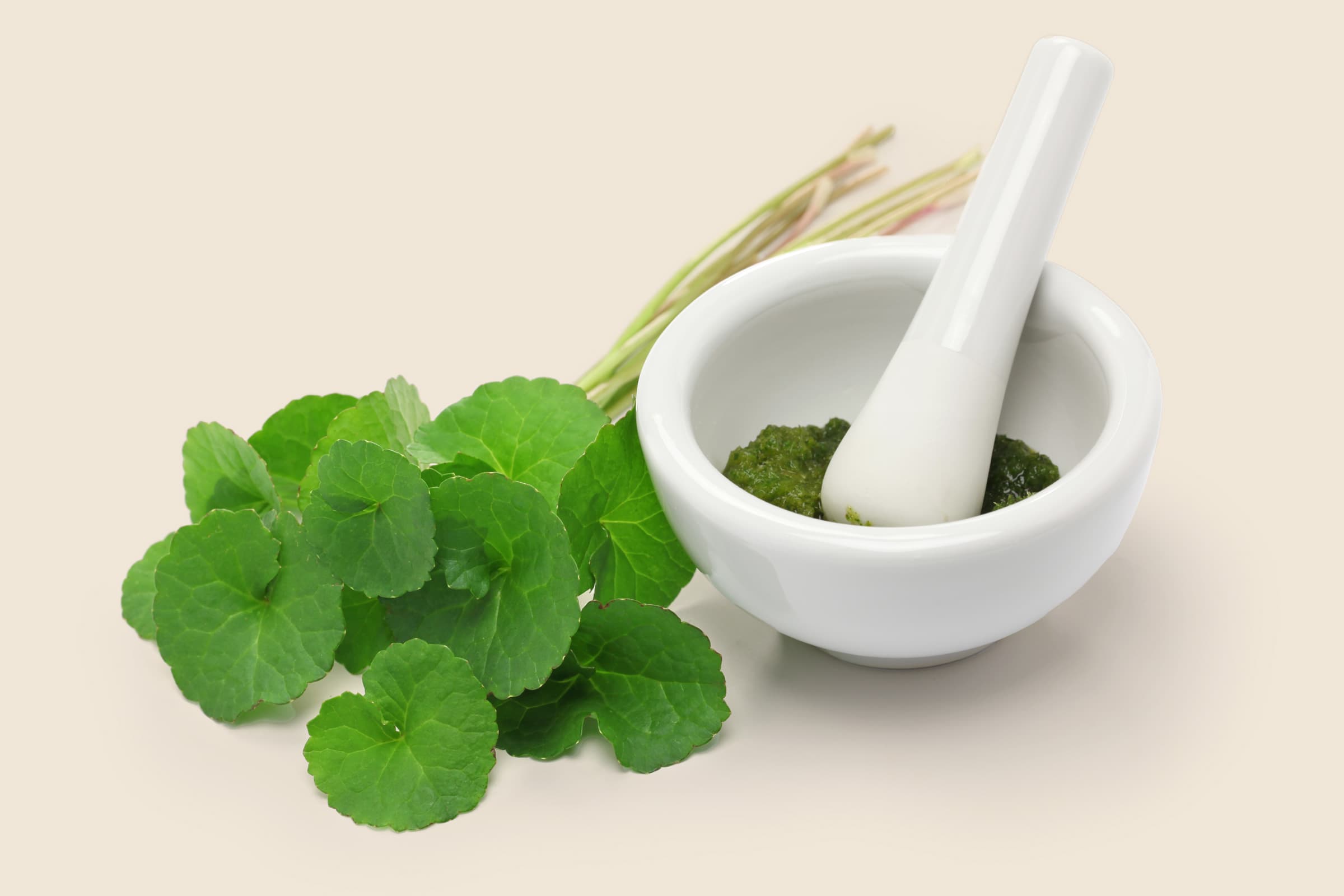Author: Megan Jones (Nutritionist)
We all know the importance of protein, particularly when it comes to health and fitness, but do we know the “why” behind exactly what we need this protein for? Protein serves crucial functions in virtually every physiological and metabolic process in the body!1
Key takeaways of health and protein:
- Protein intake is crucial not only post-exercise but also during times of illness, stress and weight-loss.2
- Clean Lean Protein not only supports muscle synthesis and repair, but also reduces muscle soreness and encourages muscle growth.
- During pregnancy, optimising protein intake can support a lower postpartum weight.
- Increasing protein intake during old age can support reduction in disease, as well as improve function and quality of life.
- The CSIRO recommends that at least 25g protein per meal is required for optimal health (found in 2 scoops of Clean Lean Protein).3
- Increasing protein intake to above the recommended dietary intakes, and across all life stages has health benefits.
Most of us are aware that consuming protein following exercise helps to build muscle, and that is supports muscle repair, reduces soreness, and encourages growth and remodelling of the muscle.
What is perhaps lesser known is that optimising protein intake is especially critical not only post exercise, but also during times of illness and stress, for reducing muscle loss, for improving fat-loss while dieting, and across all stages of life!4
According to the CSIRO, the importance of protein is indicated and summarized below:
- Protein requirements are increased for healthy weight loss.
- More protein at breakfast is needed for appetite control.
- At least 25 g protein per meal is required for metabolic health.
- Protein balance helps craving control.
How do we optimize our protein intake?
Adequate dietary protein intake is essential to support healthy cells and physical function. Research suggests, however, that an intake of dietary protein above the dietary recommendations has health benefits throughout our lifecycle.
There are three important aspects to take into consideration when recommending a protein source:
- The characteristics of the protein, such as the amount of essential amino acids (EAA) that are contained, as these cannot be made by the body and must be consumed in the diet.
- The food matrix in which the protein is consumed, for example, as part of a beverage or a complete meal.
- The health status of the individual consuming the food.5
Additionally, the chemical structure and the presence of anti-nutritional compounds such as phytic acid within the protein source can hinder amino acid availability and absorption.
Did you know that supplementation offers a way to reach protein thresholds when diet is simply not enough?
Lifestages where Protein is Key:
Adulthood
Currently, the dietary recommendations for protein intake are the same for all healthy adults above the age of 19.
While the Australian Guidelines suggest 0.75 g of protein daily per kilogram of body weight for female adults and 0.84 g/kg for male adults, there is increasing evidence indicating that consuming dietary protein at levels above the current Recommended Daily Allowance (RDA) of 0.8g/kg may be beneficial for children, adults, older adults, and physically active individuals.6
In fact, protein intake above the RDA may help reduce the risk of chronic diseases such as obesity, cardiovascular disease, type 2 diabetes, osteoporosis, sarcopenia,7 to help maintain energy balance and even to aid in wound healing.
It is estimated that an alarming 38% of adult men and 41% of adult women in the US have dietary protein intakes below the RDA!
When calculating optimal protein requirements, it should be considered that the benefits of dietary protein depend on the quality, the quantity, and the timing of protein intake. Furthermore, high protein intake without a subsequent decrease in carbohydrates decreases its beneficial effects!
Pregnancy
Pregnancy is a period of rapid tissue growth during a short period of time, however protein needs to increase soon after conception to support tissue growth and development, maintenance of maternal health, and preparation for breastfeeding.8
Benefits of protein intake during pregnancy including adequate maternal weight gain within recommendations, lower early pregnancy BMI, and decreased postpartum weight.9
More recent studies found protein needs to be 1.2 g kg of bodyweight per day at 11–20 weeks, increasing to 1.52 g per kg per day at 30–38 weeks.10
Aging
Sarcopenia is the term for age-associated loss of muscle mass and function.11 Sadly, the disease can slash muscle strength by around 50%! Irrespective of body composition, this muscle loss is often accompanied by an increase in fat mass, leading to the development of secondary diseases like diabetes, obesity, and heart disease.12 Poor nutrition and a sedentary lifestyle are the main contributing factors to sarcopenia development, and we’ve all heard the phrase “sitting is the new smoking”!
Several studies identify protein as a key nutrient for aging adults. Low protein intake is linked to a decrease in physical ability in aging adults. However, protein intake greater than the dietary guidelines may prevent sarcopenia, and help to:
- Maintain basal metabolic rate (BMR)
- Improve bone health13
- Improve cardiovascular function.
Made from European golden peas, Nuzest Clean Lean Protein is a complete source of plant-based protein, meaning that it contains all nine essential amino acids required to achieve optimal health. Not only is pea protein isolate the superior protein choice in terms of its efficacy and allergen and antinutrient content, but it is also a sustainable protein choice which is why it is loved so much by people all around the world!
Just 1-2 servings of Clean Lean Protein per day, in either delicious, nutrient-dense smoothies, or yummy healthy baking, will boost your daily protein intake by around 45g! Why not give this a try, and you will both feel and see the difference!
References:
- LaPelusa A, Kaushik R. Physiology, Proteins. National Library of Medicine. Stat Pearls. 2021.
- Astrup A, Raben A, Geiker N. The role of higher protein diets in weight control and obesity-related comorbidities. The International Journal of Obesity. 2015. 39(5), 721–726.
- Noakes M. Protein Balance: New Concepts for Protein in Weight Management; CSIRO, Australia. 2018.
- Moon J, Koh G. Clinical Evidence and Mechanisms of High-Protein Diet-Induced Weight Loss. Journal of obesity & metabolic syndrome. 2020. 29(3), 166–173.
- Millward DJ, Layman DK, Tome D, Schaafsma G. Protein quality assessment: Impact of expanding understanding of protein and amino acid needs for optimal health. The American Journal of Clinical Nutrition. 2008;87:1576S-1581S
- National Health and Medical Research Council, Australian Government Department of Health and Ageing, New Zealand Ministry of Health. Nutrient Reference Values for Australia and New Zealand. Canberra: National Health and Medical Research Council; 2006.
- Park YJ, Chung S, Hwang JT, Shon J, Kim E. A review of recent evidence of dietary protein intake and health. Nutr Res Pract. 2022 May;16(Suppl 1):S37-S46.
- Butte NF, King JC. Energy requirements during pregnancy and lactation. Public Health Nutrition. 2005;8:1010-1027
- Kramer MS. Balanced protein/energy supplementation in pregnancy. Cochrane Database of Systematic Reviews. 2000:CD000032
- Stephens TV, Payne M, Ball RO, Pencharz PB, Elango R. Protein requirements of healthy pregnant women during early and late gestation are higher than current recommendations. The Journal of Nutrition. 2015;145:73-78
- Baum JI, Wolfe RR. The link between dietary protein intake, skeletal muscle function and health in older adults. Healthcare (Basel). 2015;3:529-543
- Wolfe RR, Miller SL, Miller KB. Optimal protein intake in the elderly. Clinical Nutrition. 2008;27:675-684
- Dawson-Hughes B. Calcium and protein in bone health. The Proceedings of the Nutrition Society. 2003;62:505-509
